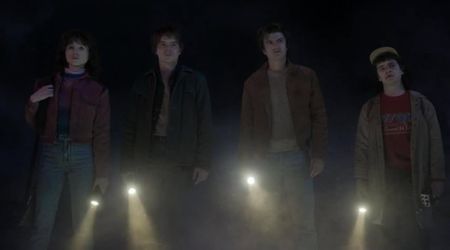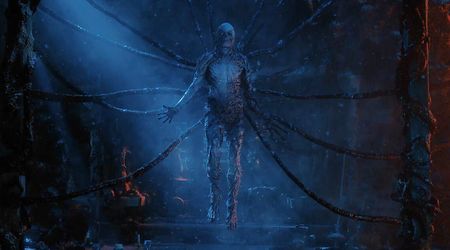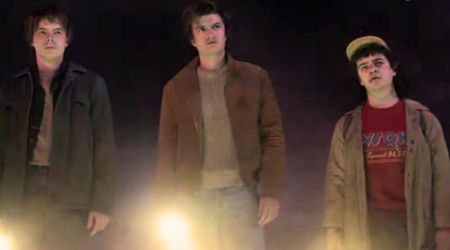'Mrs America' Finale Review: A pessimistic yet hard-hitting end to the true story that evokes heartache

Spoilers for ‘Mrs America’ Episode 9 - ‘Reagan’
Do stories really end? Yes, they are no doubt given a conclusion to make them more consumable. But just because a story is brought to finality, one shouldn’t assume that the characters stopped existing, that time paused for the people and ideas in it, or that they are no longer animate. This especially holds true for biographies.
With this paradigm in mind, it is imperative that we look at how the narrator or the author then chooses to conclude a tale. It speaks more for the storyteller’s intentions than anything else. What then, does the finale of the FX miniseries ‘Mrs America’, tells us about the intentions of Dahvi Waller, the show’s creator? Episode 9, ‘Reagan’, was set more than a year after the events of Episode 8. In 1979, with three states left to ratify the Equal Rights Amendment, even with a three-year-extension to the ratification deadline granted, things moved slowly. But only on the ERA front. On the political side, neo-conservatism and anti-liberalism were gaining momentum at the fag-end of the tumultuous ‘70s. Ronald Reagan was soon to come to power.
The episode flows like a sine wave, with highs and lows at regular intervals. But it doesn’t end at either a crescendo or even the x-axis. It ends at a low point. So low, that despite best efforts, it evokes an inexplicable heartbreak that can affect the viewer regardless of their political leanings and opinions about the show. The final act of the show, in three segments, evokes despair. It begins with Phyllis Schlafly (Cate Blanchett) receiving a phone call from the president-elect, Ronald Reagan. Schlafly's giddy excitement slides off her face in the course of the call. Reagan tells her that despite the fact that her support was what had gotten him to the finish line, he couldn’t give her a role in his cabinet. He said that women did not vote enough for him and his continued association with Schlafly would aggravate that.
Segment two shows Schlafly in the kitchen, cutting and peeling vegetables, soaked in ennui, all set to the melancholic tune of Molly Drake’s ‘Little Weaver Bird’. It’s a song that fits the scene well. It’s filled with a Sisyphean sense of despair and surrender. The third segment is a montage of real clips of the heroes and the antiheroes of the story: Gloria Steinem, Bella Abzug, Betty Friedan, Shirley Chisholm, and even Schlafly. The montage is punctuated by slides telling us what became of the show’s characters, the real people in the future. And even there, there’s an odd resignation present. It talks of the fate of the ERA, of the women who championed it, and of Schlafly, noting that they would never wield the same power as they once did in the ‘70s.
Is ‘Mrs America’ then, a tale of defeat? The defeat of the feminists to get the ERA ratified? The defeat of the liberals to stop the onslaught of right-wing conservatism? The defeat of Schlafly’s dreams to ever make it to the White House or the defeat of flawed humans, even in apparent victory? The ending of ‘Mrs America’ is pessimistic at its core. But does that make the show’s storytelling defeatist? It’s a fairly good assumption, especially given that this wasn’t fiction, and we knew how things would play out, right at the outset. That the feminists would lose, and that the conservatives would win was a given. But the show carefully sets us up with a false sense of hope. And his hope overpowers facts. And this hope makes the ending more painful than it probably should have been. In a way, that’s good storytelling.










